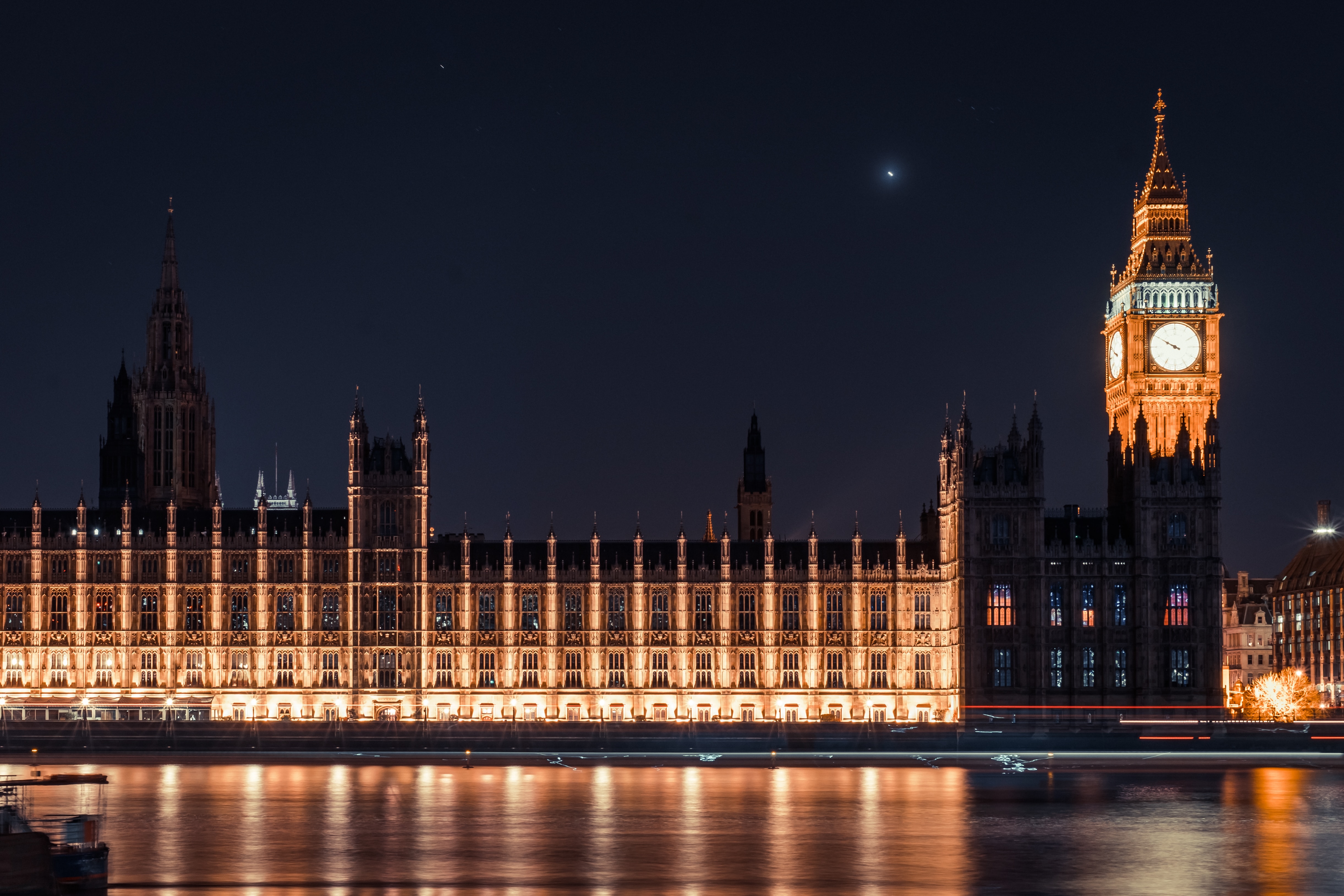By Joel Renouf.
Earlier this year Theresa May left the steps of Downing Street for the last time with “sincere thanks” and hopes of a “bright future” for the UK, reiterating in her final speech the “great future the British people deserve”.
Replacing her was Boris Johnson, MP for Uxbridge and South Ruslip and former Mayor of London. In his first days as PM, Mr Johnson set about removing most of May’s cabinet; replacing them with his “War Cabinet” of Brexiteers and with Oxbridge graduates making up almost half of the 22-strong group. Sajid Javid became Chancellor of the Exchequer.
Disgraced Minister Priti Patel – sacked by the then PM Theresa May back in 2017 for holding unsanctioned meetings with Israeli politicians and officials – replaced Sajid Javid as Home Secretary. Gavin Williamson, former Defence Secretary – who was also fired by Mrs. May after allegedly leaking confidential national security information – was named Secretary of State for Education and Stephen Barclay remained in the position of Secretary of State for Exiting the European Union.
The new PM has also vowed to take Britain out of the European Union on October 31st with or without a deal and has insisted that “buck stops with [him]”.
In a Letter to the president of the EU Commission Donald Tusk, Johnson bemoaned the controversial Irish backstop stating that it is “undemocratic” and that it “risks weakening the delicate balance of the Belfast agreement”. Finally demanding “the backstop [not] form part of an agreed Withdrawal Agreement”. The Irish backstop is a mechanism within the Withdrawal Agreement which keeps the UK in the EU Customs Union and Single Market while a future trade deal is negotiated to prevent the return of a hard border between Ireland and Northern Ireland and abide by the Good Friday Agreement.
However, some have suggested that the PM’s refusal to accept the backstop as part of the Agreement is merely a ploy to defer responsibility for the no-deal Brexit that could ensue. As Liberal Democrat leader Jo Swinson said on Twitter: “Boris is making demands he knows the EU will turn down so he can blame them for no-deal Brexit. He’s set his sights on crashing us out without a deal, and we have to stop him”.
The PM will spend the next few weeks attempting to win over the public as well as members of his own party after a decision to suspend parliament in the run-up to the October Brexit deadline earlier this month was deemed “unlawful” by the high court in Scotland. Lawyers acting on behalf of dozens of peers and opposition MP’s argued that the suspension was unconstitutional and only served to prevent members of parliament from debating Brexit. The three judges, chaired by Scotland’s most senior judge, Lord Carloway, unanimously agreed that the prorogation was “null and to no effect” “because it had the purpose of stymying parliament”. The Government has said it will appeal the decision.

